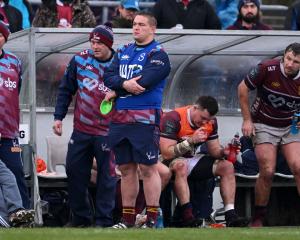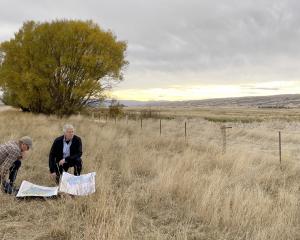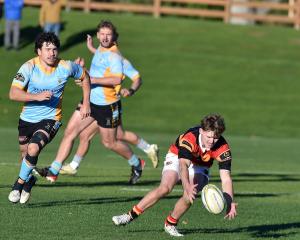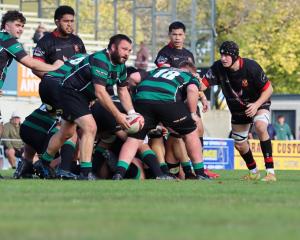
The New Zealand Herald nailed a decent scoop over the weekend when it got hold of an internal police report which detailed how people subject to an electronic monitoring order are trying to circumvent the technology so that they can move around without detection, and possibly reoffend.
The report was drafted as an issues assessment for one police district, Canterbury, and was not written with the national situation in mind. The authorities were quick to try to hose down any firestorm that the article might create, saying that the rate that electronic bail bracelets are tampered with is about 1.4%, a percentage which the Corrections Department said was as low as it has ever been.
That is as may be, but a relatively static rate of tampering fails to take into account that the actual number of people who are trying to rort the monitoring system is on the rise, given that the number of people subject to electronic surveillance continues to increase.
For example, Corrections said yesterday that the number of people on monitored bail had increased from 495 as of June 2017 , to 2345 at June 30 this year — and 1.4% of the latter number represents several more people than 1.4% of the former.
And given that electronic monitoring can also be used for community detention and home detention sentences, as well as part of an extended supervision order, as a condition of parole, as part of a release-to-work programme or as part of intensive supervision, the number of people with a bracelet around their ankle is substantial.
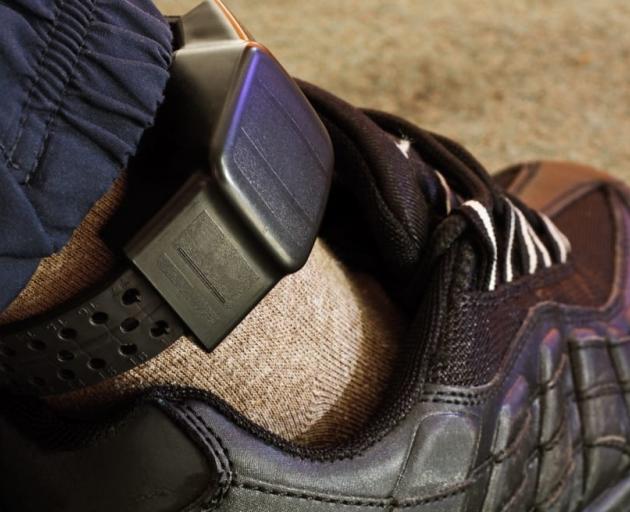
Cynics will argue that the whole reason that the system exists is to keep the expense of housing criminals in prisons down to a manageable level. There is no doubt some truth to that, but overseas studies have suggested that applying electronic monitoring to a group of offenders with a base reoffending rate of 50% can result in a reduction of the reoffending rate to approximately 38%.
That is not inconsiderable, but for it to work effectively electronic monitoring needs to monitored properly, and questions remain as to whether it is or not.
The internal police report suggested that the number of people being monitored electronically had grown faster than the level of staffing at Corrections and that the department was struggling to meet the staffing demands that rise incurred.
Corrections, like many employers, is struggling to find staff; it is running a high-profile campaign to recruit prison officers, and this is another symptom of how everyone agreeing it is an important job is one thing but finding someone to do it is quite another.
National, in florid rhetoric, was quick to call the report "another example of how the Labour government’s criminal-cuddling, soft-on-crime approach has failed to keep Kiwis safer".
Meanwhile Act New Zealand repeated its earlier call for a review of the use of electronic monitoring.
On this, we happen to agree with Act, but for different reasons. Act will be hoping a review finds evidence to confirm its stated policy of locking more criminals up: we hope it will provide sober, non-partisan scrutiny of current processes and procedures.
Crime is not a simple, straight-forward issue, and nor is why criminals offend again. One size does not fit all, and even if the number of people breaching is escalating, that static breach rate suggests it is not fair to penalise the 98.6% complying with the regulations for the sins of the remainder.
But this report came to light right at the start of an election campaign in which law and order issues promise to be front and centre and in which calmness and cool heads threaten to be the exception rather than the rule.
It will no doubt be kicked about like the political football justice advocates fear it will. But it is also too important an issue for anyone to wildly slice their punt off the side of their boot.
Better a settling kick into touch, and then regrouping to give the matter fitting deliberation.





